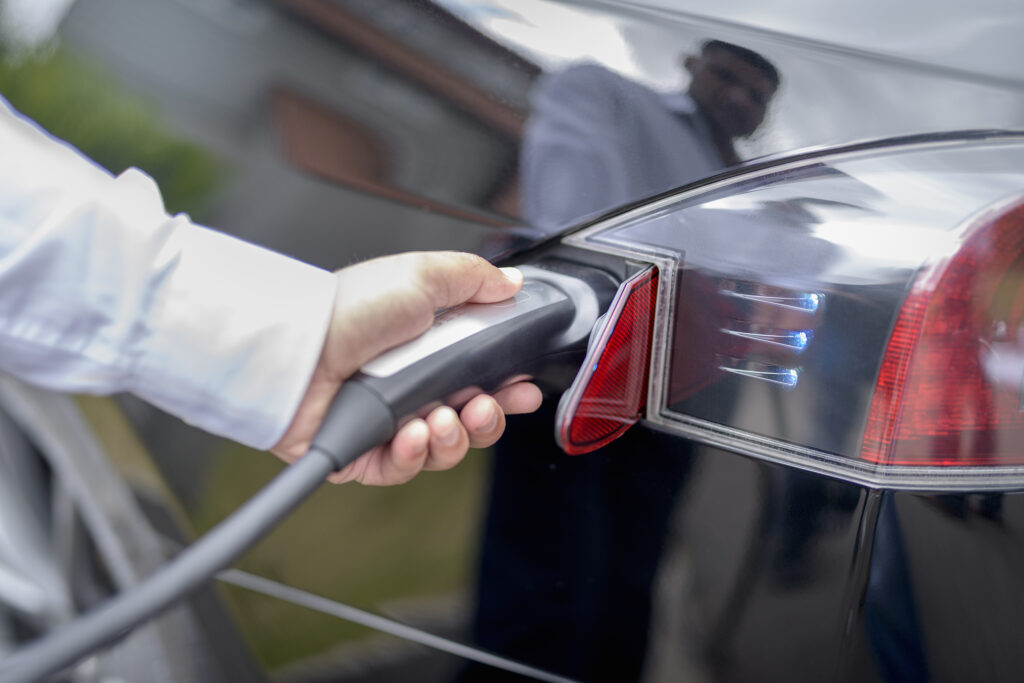Scottish and Southern Electricity Networks (SSEN) is looking at portable electric vehicle (EV) chargers in a new project.
The £320,000 Local Electric Vehicle Energy Loop (LEVEL) project, which has secured funding from Ofgem’s Network Innovation Allowance (NIA), is to scope out the design and capabilities of portable EV charging devices.
The project is to last 18 months, starting this month, with the aim of identifying ways to improve network and charging resilience to meet short term demand.
Future applications of the technology include deployment in advance of bad weather, such as in remote locations across Scotland that experience power cuts as a result of adverse weather.
LEVEL will also investigate the feasibility of positioning charging devices in public car parks during the summer months, boosting local capacity.
The project will develop the standard and specification of the temporary chargers and will include a demonstration of a device in SSEN’s licence area in the north of Scotland.
It will consider the customer interface, such as the development of an app to display the charger locations, as well as what the best ownership model for the devices would be, which SSEN said may be public bodies.
The role of the chargers in vulnerable communities and the implications for metering and settlement from temporary connections will also be considered.
“A portable charging device could be a valuable tool to help us manage short-term and short-notice surges in demand, whilst avoiding costly network reinforcement,” said Kate Jones, project manager for LEVEL at SSEN.
SSEN unveiled its EV strategy in March, outlining its five principles for facilitating EV uptake, including using innovation, digitalisation, new skill sets and operational capabilities to meet the forecast growth and using data and analytics to anticipate issues and support decision making.
It is also involved in a number of EV projects, including Project LEO and the fleet electrification project Optimise Prime.





